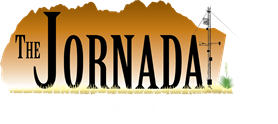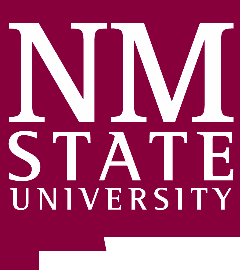| Title | Participatory research and co-production of knowledge: Building on a century of Jornada experience to expand LTAR outcomes and impacts |
| Publication Type | Conference Paper |
| Year of Publication | 2021 |
| Authors | McCord S, Bestelmeyer BT, Browning DM, Burkett LM, Edwards B, Herrick JE, Kachergis E, Lepak N, Lister L, Metz L, Schulz T, Spiegal S., Webb N |
| Conference Name | LTAR Annual Meeting |
| ARIS Log Number | 388065 |
| Keywords | building, century, co-production, impacts, Jornada, Long-Term Agricultural Research outcomes, LTAR, Participatory, research |
| Abstract | The co-production of knowledge with stakeholders is a unique strength of the Agricultural Research Service. The objective of this poster is to share examples of how co-production has been successfully applied to achieve four very different sets of objectives with national to global impact: (1) developing standardized rangeland indicators and monitoring methods; (2) developing interpretive tools; (3) identifying research gaps and needs for tools and new indicators (e.g., AERO, phenology) to inform conservation planning; and (4) building understanding of management technologies and systems to meet stakeholder land use goals. Collaborative research examples include work with the Malpai Borderlands Group, the BLM’s “Restore New Mexico” program, the development and implementation of BLM AIM and NRCS NRI national inventory and monitoring programs, NRCS CEAP-Grazing Lands model development (AERO; RHEM) and data processing (Landscape Data Commons) for effects assessments of NRCS conservation practices, the Sustainable Southwest Beef Coordinated Agricultural Project, and the development of LandPKS and EDIT. Our approach to co-production is iterative and results from a 25+ year series of diverse engagement approaches (trainings, working groups, day-to-day involvement), which has led to directly applicable research and management tools. Current LTAR efforts, including the Jornada Common Experiment and those of the LTAR Rangeland Soil Erosion, Wind Erosion, Phenology, and Indicators Working Groups, provide opportunities to expand these long-term participatory research and co-production efforts to improve and extend LTAR research impacts. This poster illustrates lessons learned from the Jornada experience and highlights opportunities for broader collaboration across the LTAR network. |


